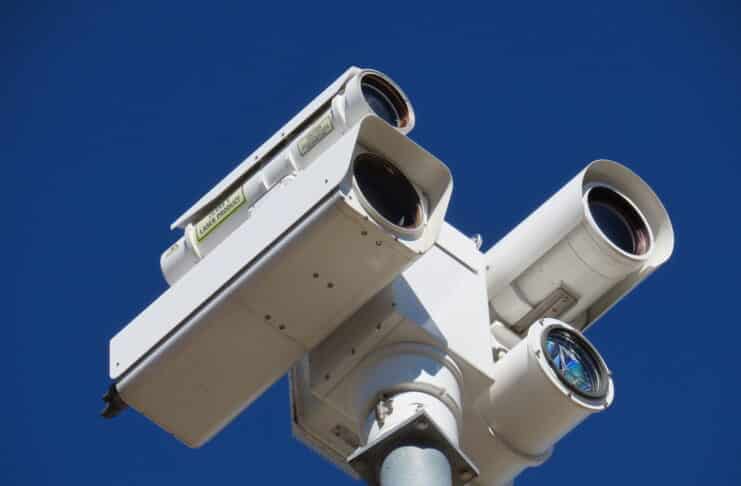Massachusetts lawmakers may be ready to do something genuinely radical in the name of individual privacy – becoming the first state to ban the sale of cell phone location data.
It's a huge business in which you, the cell phone user, are the product. And it's largely unregulated, which has allowed all sorts of weird, creepy and in the case of governments and law enforcement, unconstitutional behavior to thrive.
As The Wall Street Journal reports:
The legislature held a hearing last month on a bill called the Location Shield Act, a sweeping proposal that would sharply curtail the practice of collecting and selling location data drawn from mobile phones in Massachusetts. The proposal would also institute a warrant requirement for law-enforcement access to location data, banning data brokers from providing location information about state residents without court authorization in most circumstances.
In other words, it would curb a lot of bad behavior. Which is why tech industry representatives have banded together to stop it. After all, buying and selling your information – the more specific and granular the better – is at the heart of many tech companies' business models:
“We do support heightened protections for particular types of personal information,” Andrew Kingman, a lawyer who represents the State Privacy & Security Coalition, who testified before a joint committee of the state legislature in opposition to the bill. But Kingman said that Massachusetts should look to a privacy law passed recently by Connecticut as a better alternative to a wholesale ban on location data transfers. “The definition of sale is extremely broad,” said Kingman, adding the industry would support giving consumers “the ability to opt-out of sale.”
All of which is a clever way of saying people are automatically opted-in to the gathering and sale of their data. As for opting out…one usually has a better chance of striking gold in the back yard than quickly and easily opting-out of any data gathering regime.
The much bigger issue, of course, is blocking law enforcement's warrantless use of location data. As the Electronic Frontier Foundation reported, local police departments are big users of location and other data. They buy such information on the public market, which avoids the sometimes tedious but constitutionally important step of getting a warrant for such data first.
If Massachusetts can lead the way in putting meaningful curbs on this blatant violation of civil and constitutional rights, it will set a new, higher bar for individual privacy.
Or looked at another way, it will push the bar back toward it's normal height – one which required law enforcement to obey the laws and procedures they swear to uphold and defend.
The opinions expressed in this article are those of the author and do not necessarily reflect the positions of American Liberty News.
READ NEXT: Popular Republican Governor To Face Unexpectedly Strong Challenger?



Assachusetts may be waking up!
Unusual for a demonRAT state.
Massachusetts is loaded with Democrats. They, along with other certain types of people in America don’t particularly care for law enforcement agencies to know their movements or whereabouts.
You mean the Mafiosi and the Governmental Mob?
Can we apply nationwide??